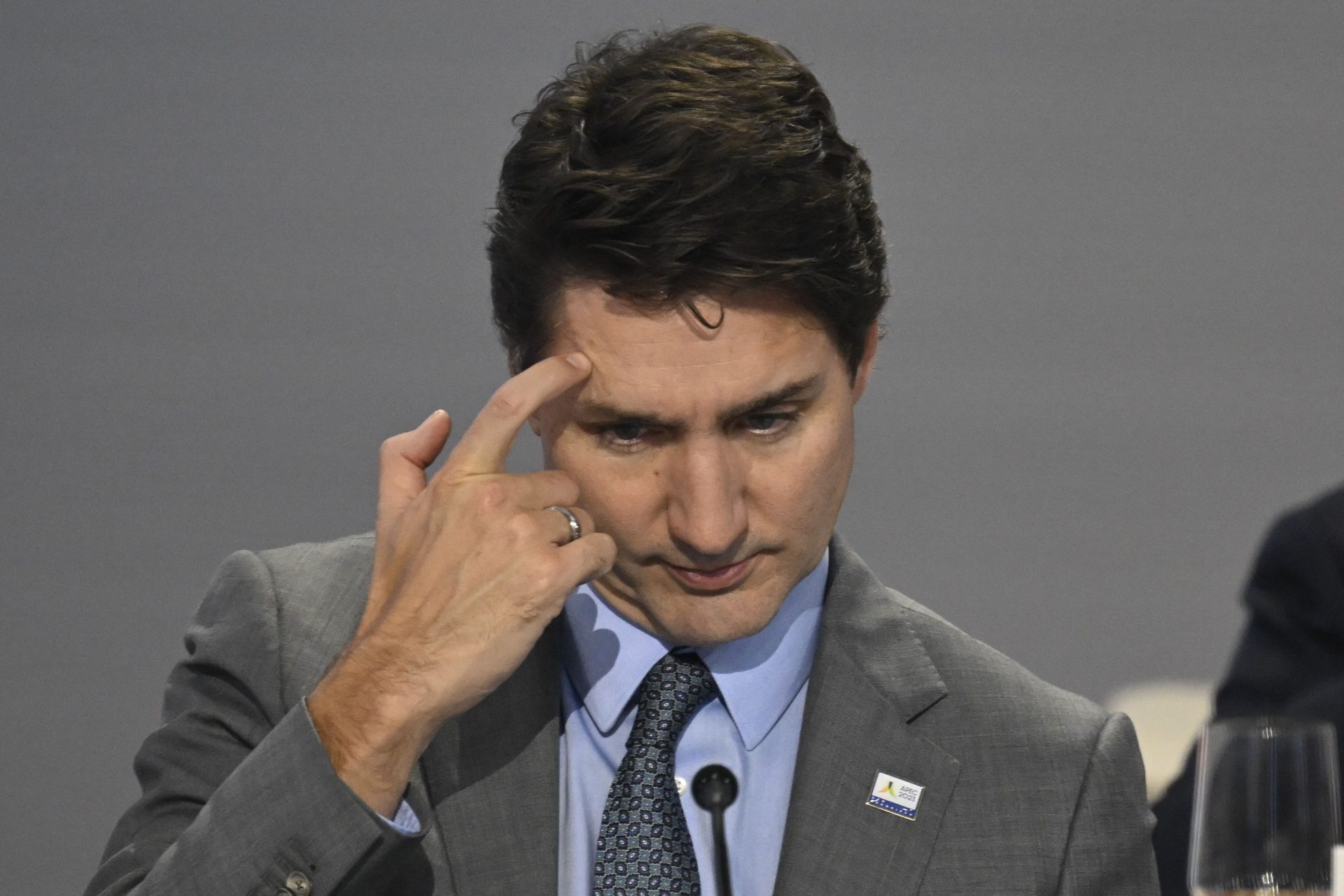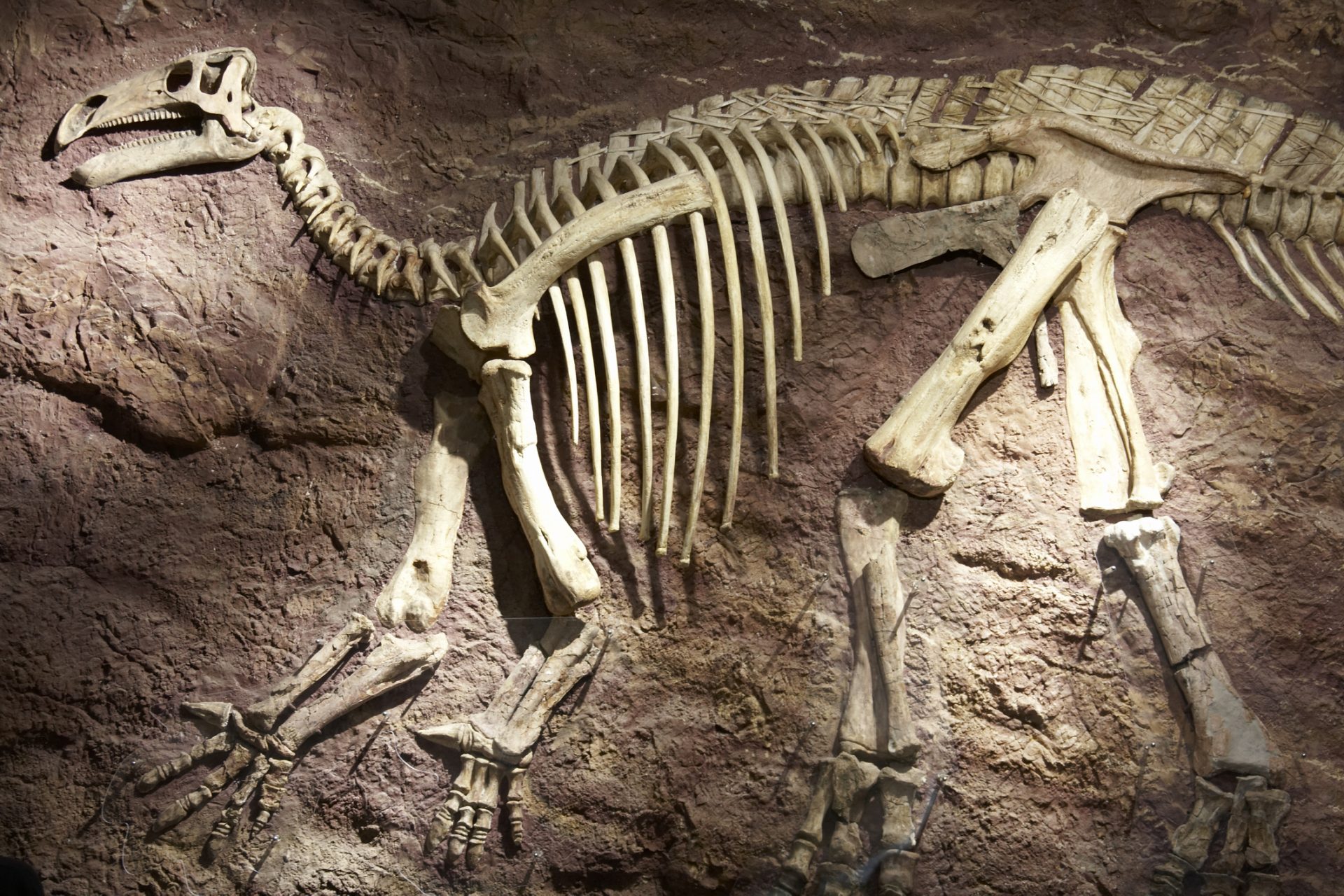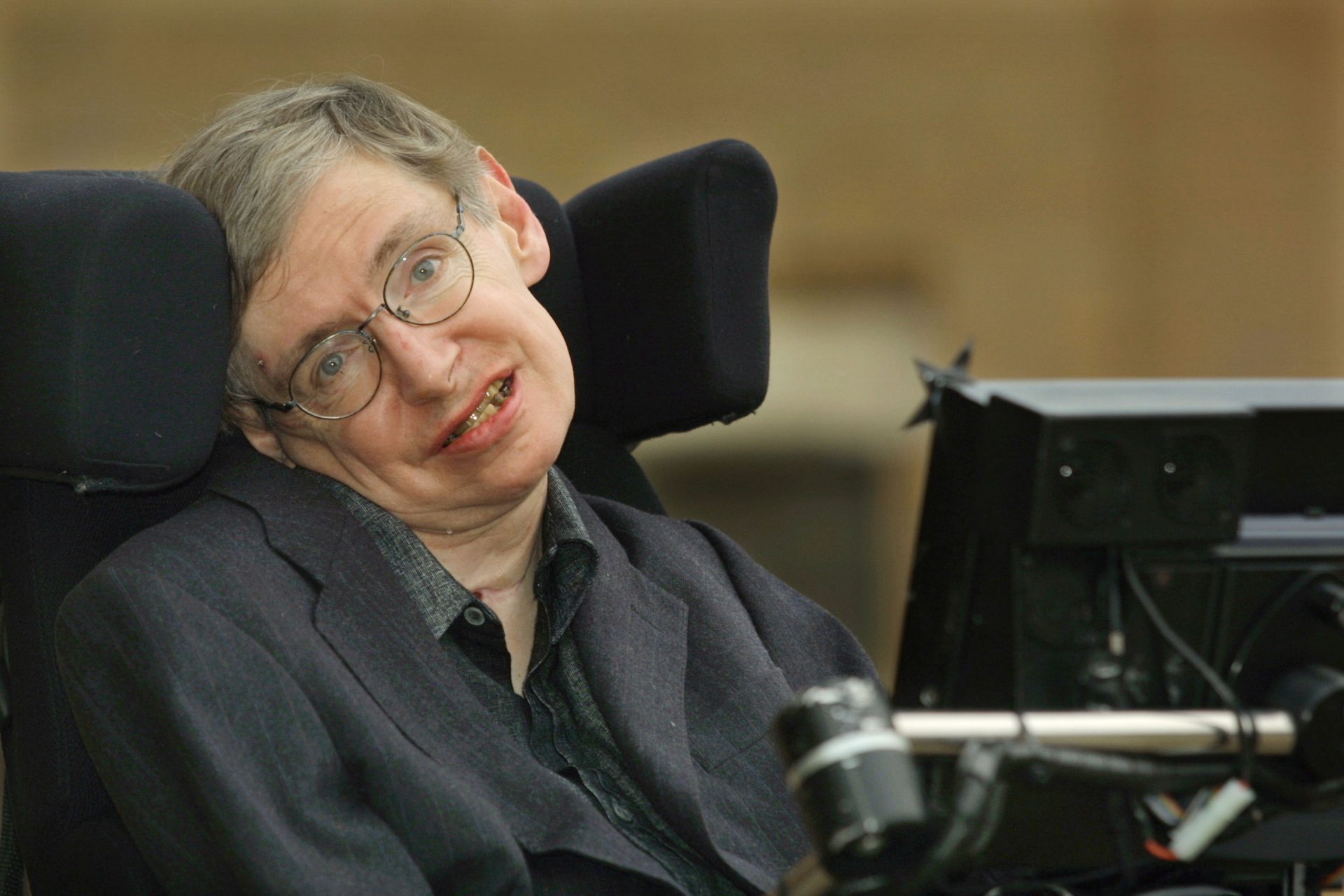How the Nobel Peace Prize sent a message of ‘peaceful coexistence’ against Vladimir Putin
The Nobel Peace Prize has a long tradition of rewarding efforts to improve humanity. 2022 was no exception, speaking out against the war in Ukraine in a clear, but diplomatic way.
After all, it was established by Alfred Nobel that the award will be granted to “the person who shall have done the most or the best work for fraternity between nations, the abolition or reduction of standing armies and for the holding and promotion of peace congresses”.
The 2022 Nobel Peace Prize was granted to jailed Belarusian human rights activist Ales Bialiatski, the Ukrainian Center for Civil Liberties, and the Russian organization Memorial.
All of them have been awarded for fighting misinformation and documenting human rights abuse in Russia, Ukraine, and Belarus.
“The Peace Prize laureates represent civil society in their home countries. They have for many years promoted the right to criticize power and protect the fundamental rights of citizens,” the Norwegian Nobel Committee stated in its press release.
The Nobel Committee highlights that “together they demonstrate the significance of civil society for peace and democracy”.
Ales Bialiatski, born in 1960, has been working for democracy and human rights in Belarus since the mid-1980s.
When Alexander Lukashenko mended the Belarusian Constitution to remain in power in 1996, which brought a massive wave of government repression, Bialiatski founded the Viasna Human Rights Centre to aid the people facing political persecution and their families.
In 2011, Bialiatski was sentenced to jail for tax evasion, he was released in 2014. At the time, the European Union declared that his arrest and imprisonment had been politically motivated. The Belarusian activist was declared a “prisoner of conscience” by Amnesty International.
Bialiatski was sentenced for tax evasion a second time in 2021 for seven years, where he currently remains.
Here's Bialiatski in December 2019.
Meanwhile, The Center for Civil Liberties is the first Ukrainian organization or individual to receive a Nobel Prize.
Founded in 2007, the organization aims to advance human rights and democracy in Ukraine. Headed by Oleksandra Matviichuk, the Center for Civil Liberties has aimed to update the country’s Criminal Code and advocate its membership in the International Criminal Court.
Since the beginning of the war, the Center for Civil Liberties has had a “pioneering role” in its effort to “identify and document Russian war crimes against the Ukrainian civilian population”, according to the official Nobel Prize statement.
“We are grateful for this award because we have made a titanic effort at the altar of peace, democracy, and freedom,” Matviichuk declared to Al Jazeera. “An effort that is still ongoing. The award will give us more strength and inspiration in our further efforts.”
Meanwhile, Russia’s Memorial is a human rights organization focused on studying human rights violations and other crimes committed during the Stalin era.
The Nobel Committee stated the Memorial has been Russia’s biggest human rights organization, compiling and organizing political oppression, particularly against political prisoners in detention centers.
Unsurprisingly, the organization has faced harassment by the Kremlin. It was declared a “foreign agent” in 2014 by the Ministry of Justice, forcing them to intense scrutiny and pressure, and forced by the government to close down in December 2021.
Although never mentioned by name, it’s hard not to think of this triple award as a message against Vladimir Putin and the Russian invasion of Ukraine, launched in February 2022.
Particularly, how the Nobel Committee remarks on “three outstanding champions of human rights, democracy and peaceful co-existence in the neighbour countries Belarus, Russia, and Ukraine”.
The Nobel Committee press release argues that “through their consistent efforts in favour of humanist values, anti-militarism and principles of law”.
“This year’s laureates have revitalised and honoured Alfred Nobel’s vision of peace and fraternity between nations – a vision most needed in the world today,” ends the official statement of the Nobel Committee.
More for you
Top Stories


































